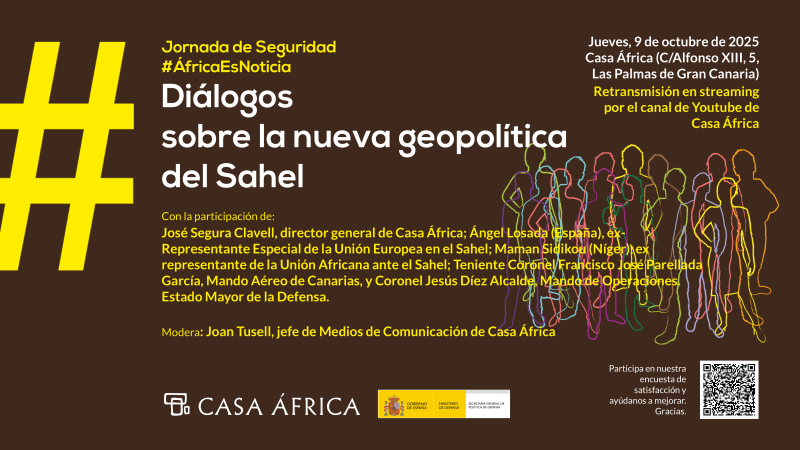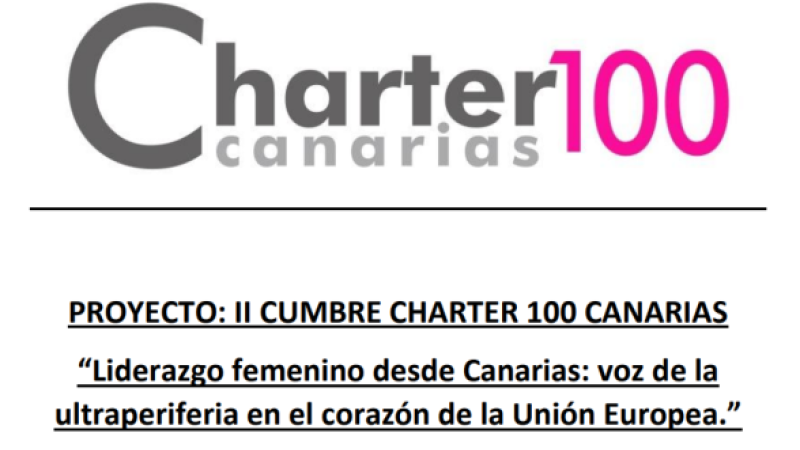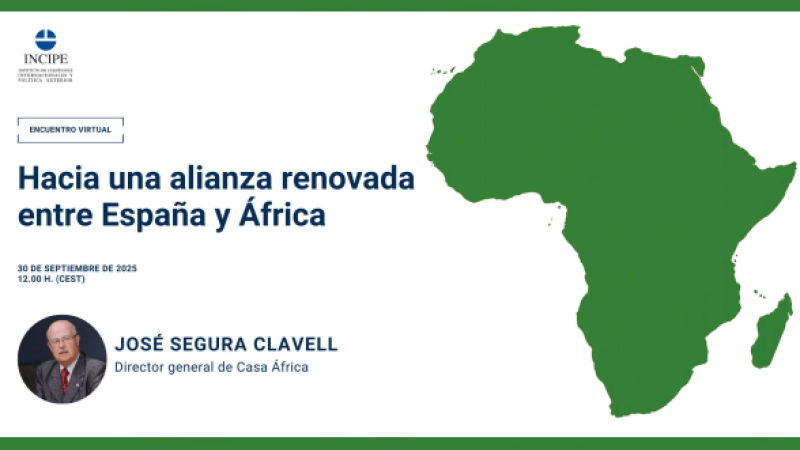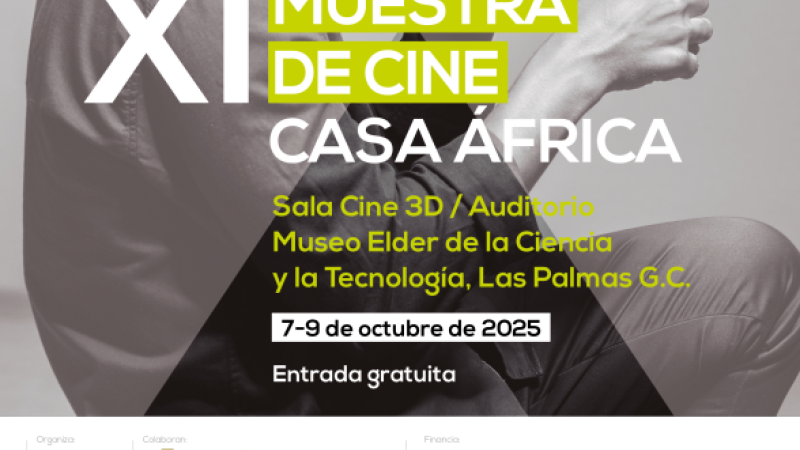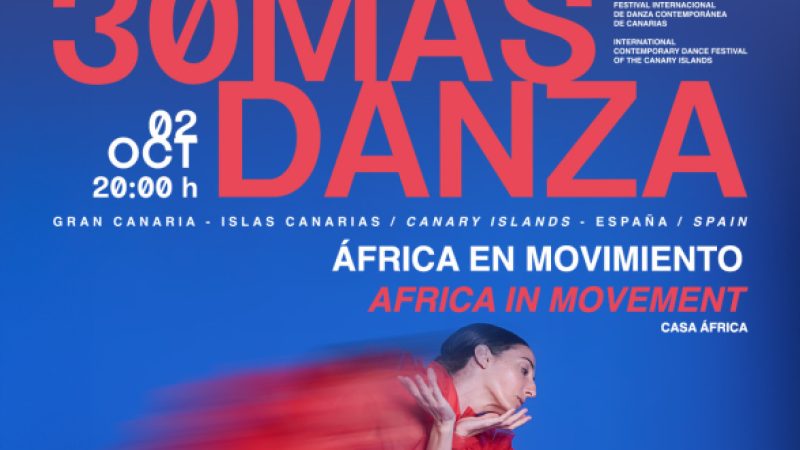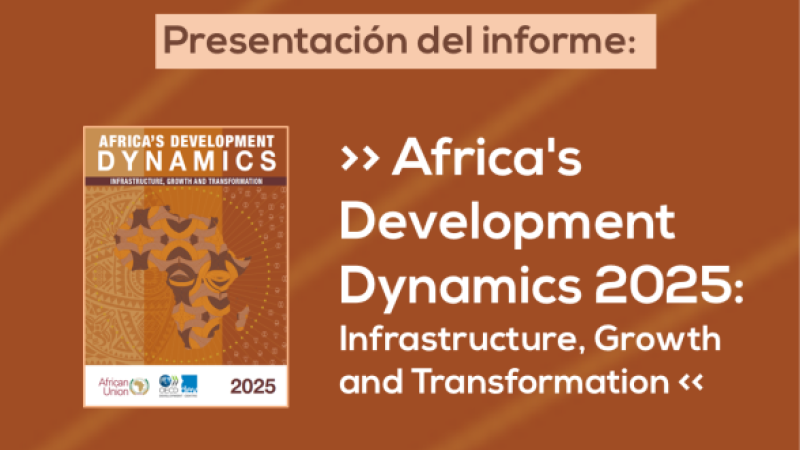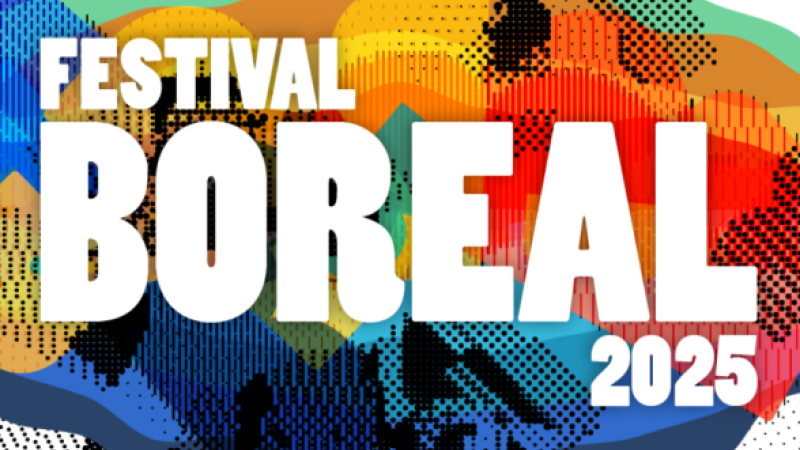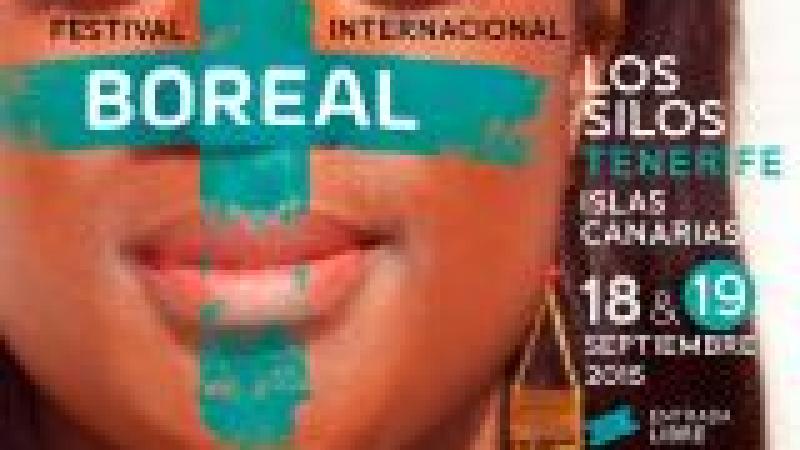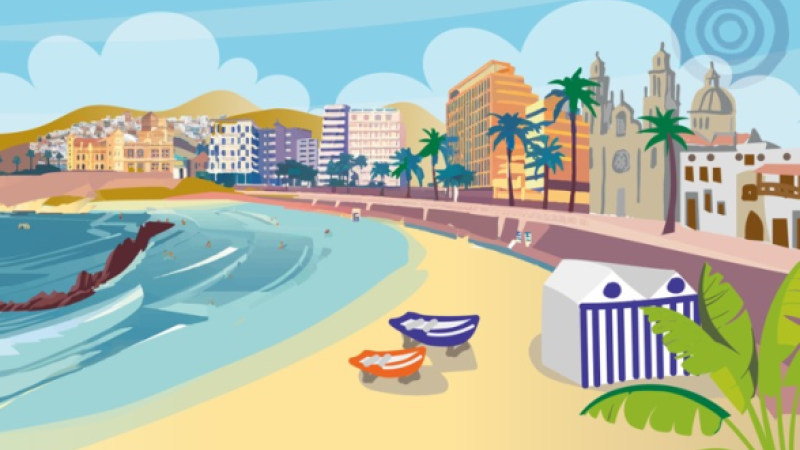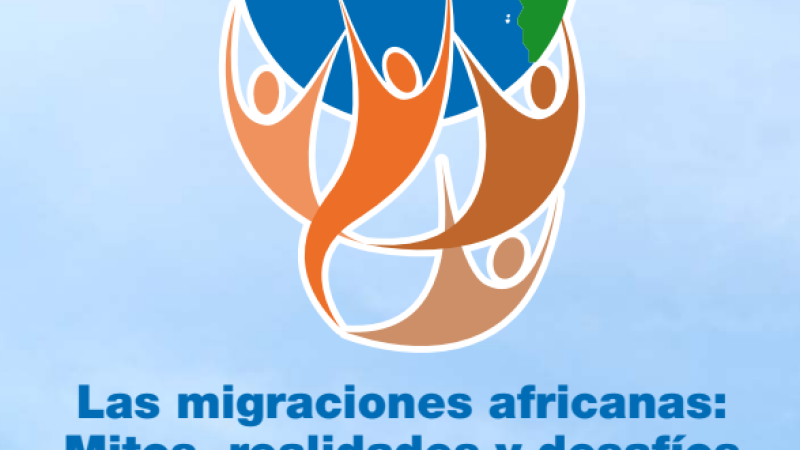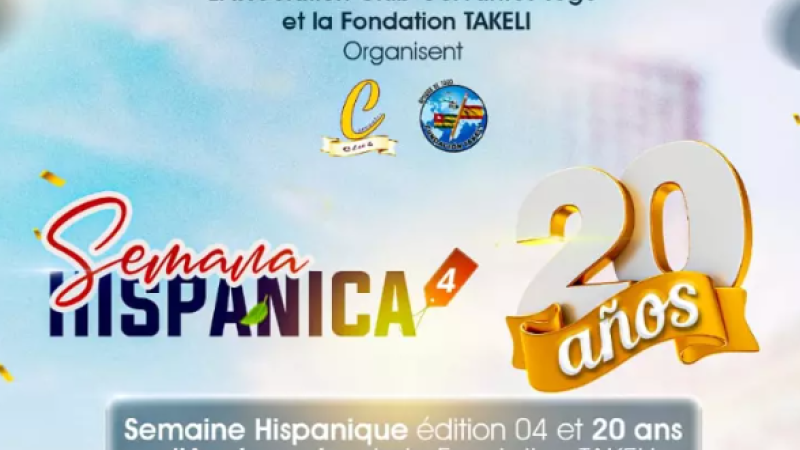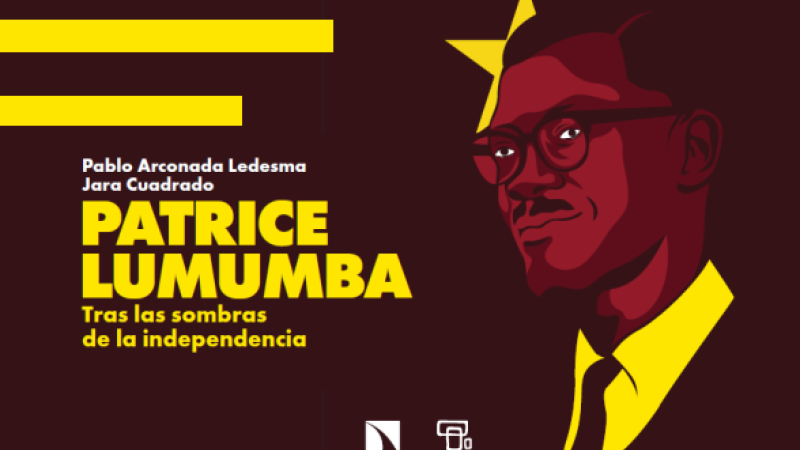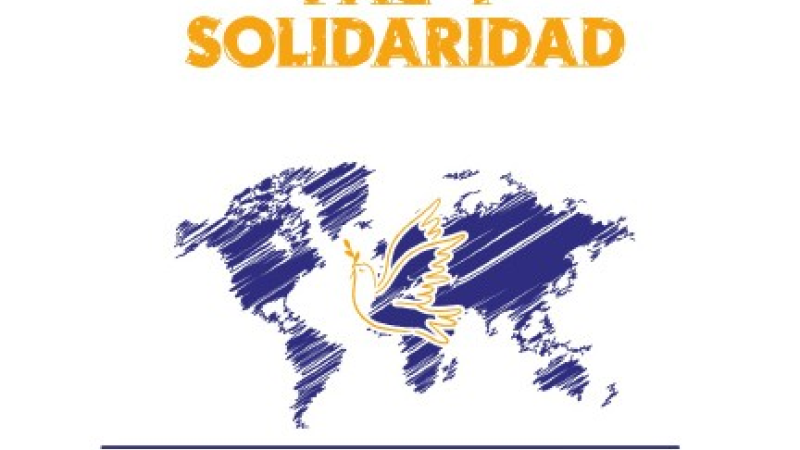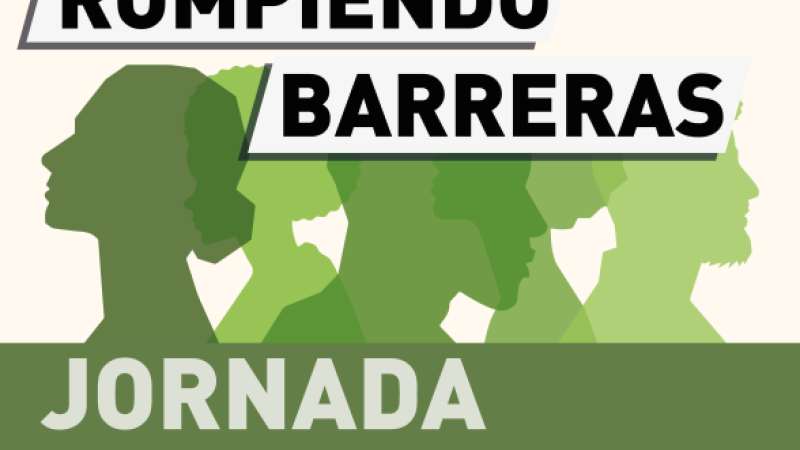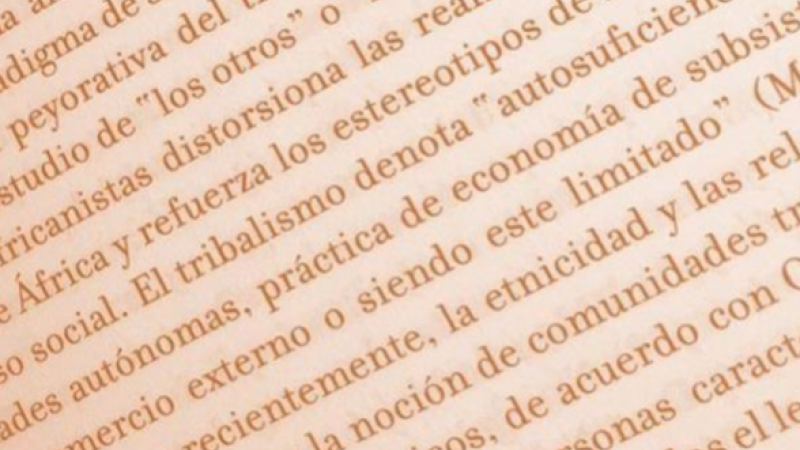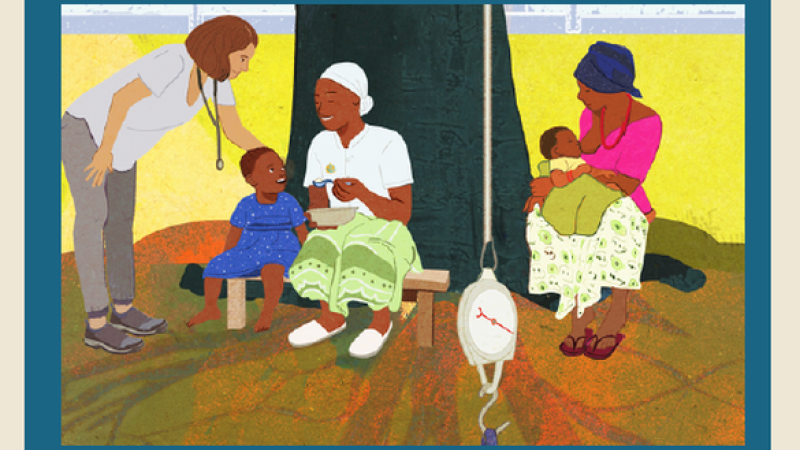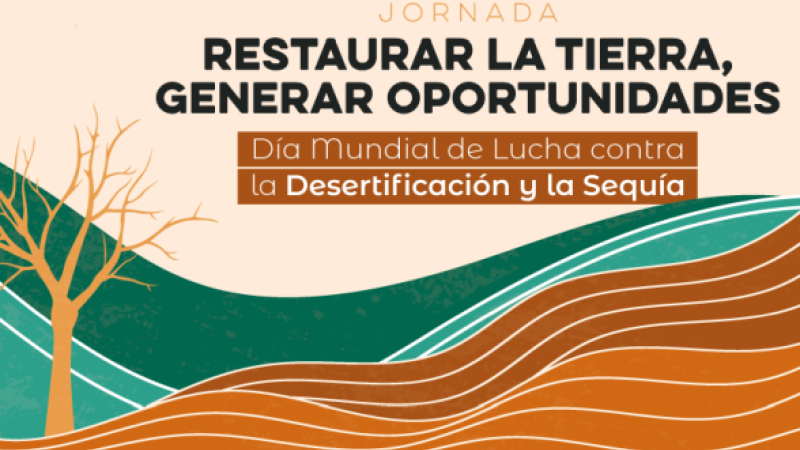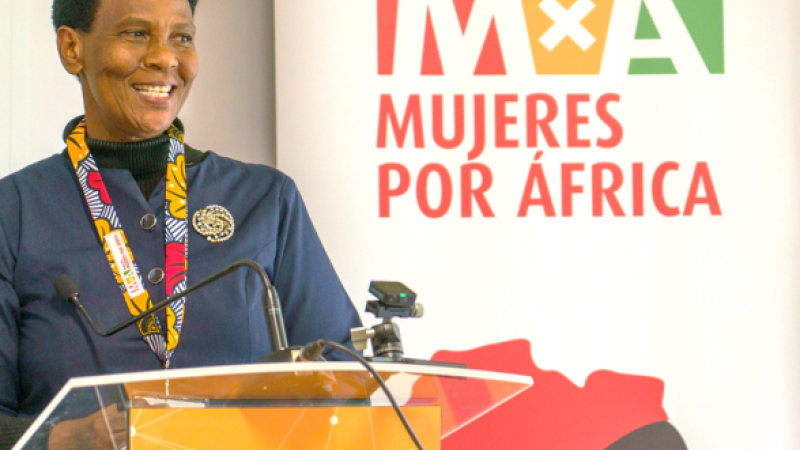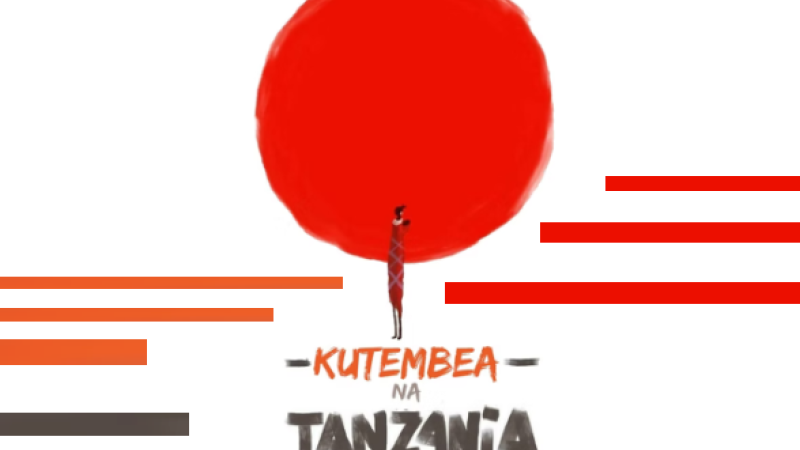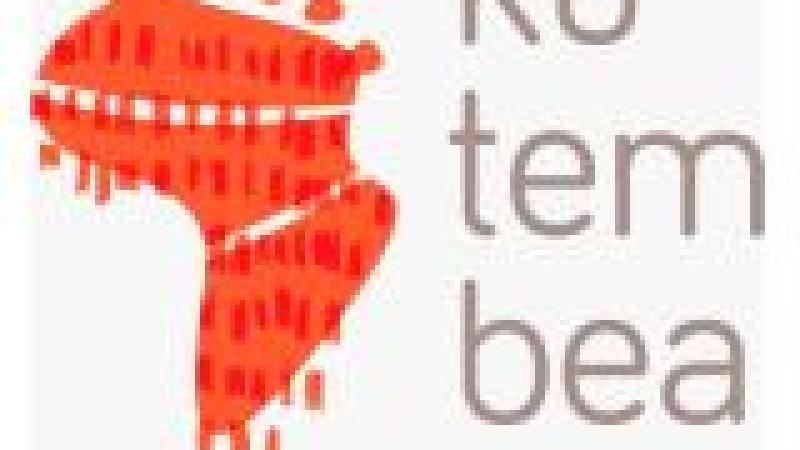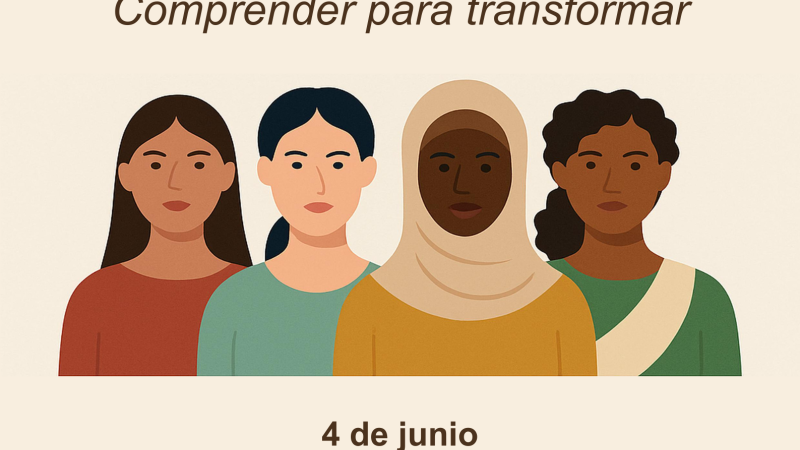Status message
In development mode.Error message
Exposición fotográfica. Pieter Hugo. Éste debe ser el lugar
This Must Be the Place is the first retrospective for Pieter Hugo (b. Johannesburg, 1976). Since 2003 Hugo has photographed people in their daily lives in South Africa and sub-Saharan Africa. The ramifications of the end of apartheid, for people and the landscape of South Africa, as well as the implications of global commerce and the complexity of the notion of post-colonial Africa are themes that circulate throughout his work.
His use of larger format cameras requires patience and trust between photographer and subject, which is visible in the forthright expressions and candid interactions of his subjects with the camera. There is often a sense of calm in his images that transcends the clamour of the circumstances in which the images where taken.
Hugo’s way of seeing is often akin to familiar painting genres such as landscape, portraiture, group portraiture and still life, and the subjects of his photographs – the elderly, the poor, the blind, street artists, soap actors and his close family and friends — form a social tableau which offers an intense and challenging view of Africa at the beginning of the twenty-first century.
- CAAM-SAN ANTONIO ABAD: 11th September 2014 – 4th January 2015
- CASA ÁFRICA: 12th September 2014 – 4th January 2015
Wim van Sinderen, exhibition curator
- At home
Pieter Hugo abandons the type of conventional nude romanticised by the Pirelli Calendar. This series rejects idealism, negotiates realism, subverts the classical and erotic traditions, and thwarts the scopophilia of the male gaze.
Each expressionless nude stares at the spectator with direction. The figures, men and women, are conscious of being watched, the spectator is aware of that consciousness. This interaction becomes unsettling, awkward.
The subjects were paid as models and photographed at their own homes. The nudes and locations are actively ordinary, natural, imperfect. The nude is stripped of the veneer of ‘allure’ that has been created for it by Western media.
Hugo’s large-format digital camera system lends minutiae of tiny details to each photograph, enforcing an ‘uncanny valley’ of cold realism. Bitten nails and blemishes, an asymmetrical bust here, a sheepish penis there. The authentic is unforgiving.
The illusion of idealism is denied. By approaching the riddle of the naked body in this way, Hugo offers a critical reflection on the medium and language of photography itself. - Kin 2011
With Kin, his most autobiographical series to date, Pieter Hugo reflects on his own family and deep ambivalence towards the notion of home. Personal moments such as the pregnancy of his wife, the birth of their child and an operation of his mother are interspersed with national icons: open landscapes, anthropological museums and references to historical places and figures in South Africa. The recent and historical, private and public, rich and poor, ugly and beautiful interact closely in this series and represent the social complexities of post-apartheid South Africa. - Looking Aside. Studio Portraits South Africa 2003-2006
In Pieter Hugo’s studio portraits of the elderly, the blind and people with albinism there is a direct and confrontational engagement between the viewer and the subjects. The viewer is made to feel uncomfortable and immobilized by the subject’s gaze. - Messina / Musina 2006
This series deals with the inhabitants of a small town on the border of Zimbabwe in South Africa’s Limpopo Province. The title reflects the correction of an earlier colonial misspelling of the town’s name (Messina), as well as the transition taking place at this geographical and social periphery. - The Bereaved 2005
At a morgue in the township of Khayelitsha in Cape Town, Pieter Hugo turns his camera to individuals who have died of AIDS related illnesses. As with many of his other series, Hugo gives first and last names of his subjects. Such a personal statement challenges the anonymity of AIDS statistics in South Africa.
